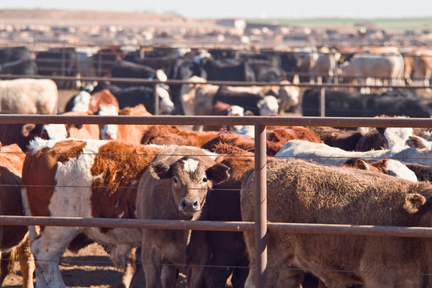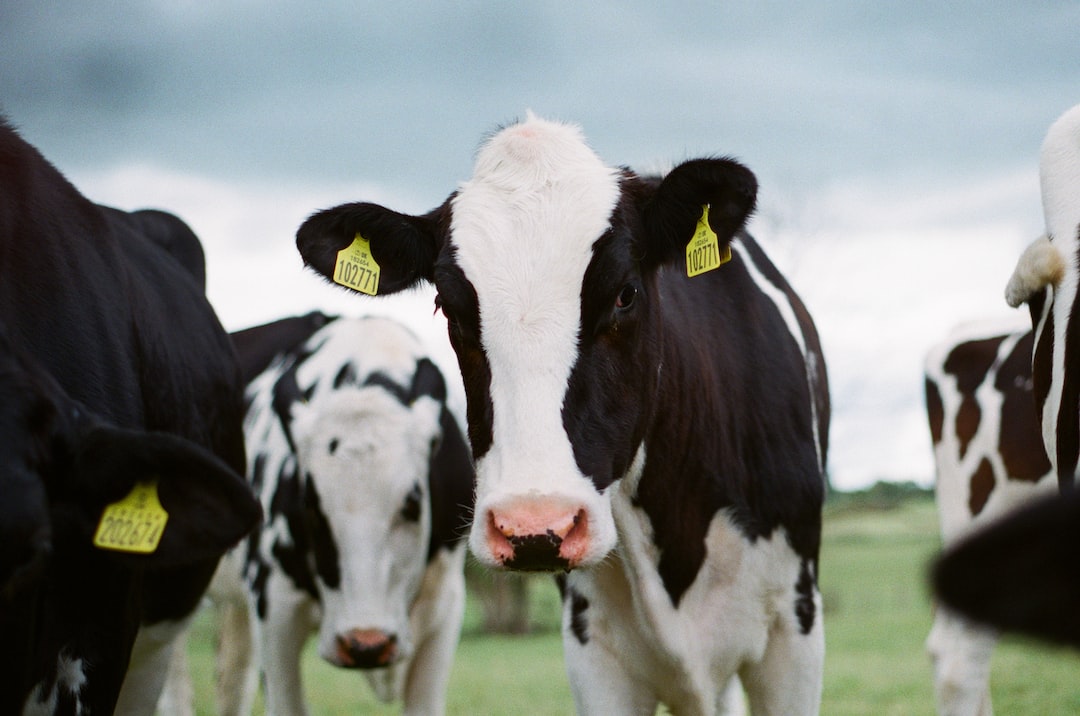Even with inflation and rising food costs, conscious consumers appear not to skimp on animal welfare.
Nearly 60% of consumers in the US report that they’re concerned about animal welfare when it comes to the food products they buy. This is reflected in the rise in popularity of more animal-friendly diets like veganism, vegetarianism, and pescetarianism. But I’ve noticed that even people who include a variety of animal products in their diets are still looking to make choices that support ethical and sustainable practices. But are they really making the difference that they think they are?
Here’s what you really need to know about animal welfare and so-called ethically-produced food.
The Truth About Ethical Labeling

The industrialization of our food supply within the last century brought about ways to make massive quantities of food on a lower budget. Products like meat, dairy, and eggs, things that may have been inaccessible to some before, were now available to the average shopper.
Unfortunately, this trade-off often comes at a price to the animals involved in the industry. Currently, there aren’t any federal laws that protect or dictate how animals that are raised as food should be treated during the process.
This effect is that food industries can set their own regulations when making meat, dairy, or egg products. Because of this, many products end up with misleading meat labels or packaging. In fact, it’s been proven that the USDA doesn't consistently ask for proof as to how companies claim their animals are treated during the production process.
In 21 Useful Faqs to Learn About Remedies for False Advertising, we provided research as to why self-regulation in meat advertising is prone to abuse for false advertising. Companies use labels, symbols, logos and certifications to make claims such as “cruelty free,” certified humane and handled, and “free farmed.” These terms are all unregulated by the federal government.
Consumer Interest in Animal Welfare
This confusing labeling and lack of uniformity can be deceiving for shoppers. A poll conducted by the journal Food Ethics found that 86% of shoppers purchased at least one product within the last year with one or more of these labels:
- Organic
- Free range
- Pasture-raised
- Natural
- Humane
- No hormone
- No antibiotics
- Grass-fed
- Farm-raised
- Cage-free
- Crate-free
- Vegetarian-fed
- No rBST
Within this group, consumer preference showed that they bought these products because they believed these labels. They believed that the animals were treated better than those raised under “conventional” agricultural practices. Seventy-nine percent (79%) said that they willingly paid more for these products because of the higher ethical standards.
Deceptive label claims and certifications are unfair because shoppers believe that they are making smarter, more sustainable choices that make an impact on both the planet and their personal health. Consumers want to vote with their dollars if they feel strongly about an issue. To Influence sales, some companies shade the truth behind animal treatment at large commercial farms called "CAFOs." The deceptive advertising is referred to as “humane-washing” with its environmental cousin being "green-washing.” To learn more about humane-washing, click, “Is Humane-Washing of Meat and Poultry Products False Advertising?”
Often, consumers won’t know the truth about deceptive labels unless they do some digging themselves and find out the truth.
Why Are More Consumers Interested in Animal Welfare?

Today more than ever, people are ditching the diets that their parents and grandparents grew up on. Many consumers are interested in diets that they believe will lead them to optimal health, even though there’s an overload of information out there as to which diet that may be. Consumers are questioning if they need to eat certain foods or even food groups in order to maintain a healthy diet and reach their fitness and wellness goals.
While some of our ancestors needed meat to survive, that’s no longer the case. Multiple studies and sources confirm that eating less meat is beneficial for our health, and cutting out red meat can decrease your risk of developing certain diseases. More consumers are starting to realize that we don’t need to eat as many animal products as we have been led to believe from the meat industry’s decades of targeted marketing.
This then makes consumers stop and think about how their nutritional needs stack up with the welfare of animals that are used in traditional agriculture. Some decide to cut out animal products altogether and go vegan or limit their intake by following a vegetarian diet. Flexitarians, those who eat animal products once in a while, opt for organic or humane products in an effort to make responsible decisions when it comes to animal welfare.
The Quest for Knowledge In Animal-Food Production
Consumers today want to have a deeper connection to their food. In years past, people didn’t think so much about where the piece of meat they were buying came from, or how the chicken was treated to produce their eggs. Today, people want to bridge the gaps in this knowledge to learn more about their food and its story.
However, the lack of transparency, misinformation, and lack of clear labeling can be de-motivating for consumers who want to make a difference with their dollar. One purported solution to this problem is a push for standardization in the meat, dairy, and egg industries when it comes to labeling. These standards should then be inspected and verified by third parties to make sure that these standards are followed.
The power of the internet in today’s society means that consumers have constant access to information. People are questioning of the media, government, and corporations and are looking for alternative sources of information. It’s here where people are starting to learn more about health and the latest food trends.
As bloggers, influencers, and watchdog groups bring more attention to topics like animal welfare and the truth behind misleading meat labels, more eyes and ears open up to these concerns. This creates a ripple effect in which advocates then spread information within their circles and across social media for others to discover.
Related links:
- For an expansive look into humane-washing, click Is Humane-Washing of Meat and Poultry False Advertising?
- Learn about the 4 purposes of advertising, along with numerous common myths in false adverting.
- For a comprehensive review of New York law, click The Ultimate Guide to False-Advertising Law in New York: 22 FAQs.
- Click here to learn more about humane-washing, green-washing, and nutri-washing.
- Were you Misled?: Complete that form for a free legal analysis to determine if you were deceived by humane-washing or green-washing.
- A library of links relating to nutrition, animal welfare, and advertising law.
To speak with Jesse Langel personally about these types of claims, contact him or complete this tailored questionnaire.



.png)